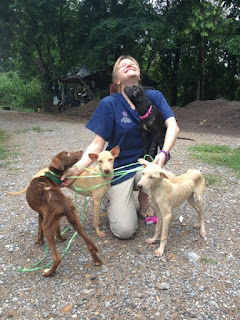Last week saw several positive developments in the welfare of wild and exotic animals. At a meeting on Animal Welfare, law and enforcement in Brussels, supported by the Federation of Vets of Europe, Born Free, Vier Pfoten, and Humane Society International, a number of issues relating to the welfare of exotic animals in zoos, circuses and trade were discussed. Member States attended to share their experiences in regulating the types of exotic species that could be kept in private ownership through the development of ‘positive lists’ as in Belgium and the Netherlands, Austria shared their experiences of banning wild animals in travelling circuses, and representatives from the European Alliance of Rescue centres and Sanctuaries, discussed the conservation and welfare implications of the illegal pet trade with particular reference to the endangered Barbary macaque – an entirely unsuitable species to be kept as a pet. Knowledge and experiences were shared and approaches to zoo inspectorate development discussed. In particular, the need for EU legislation on Animal Welfare across the region was highlighted by various member states, and across Europe there appears to be a growing demand and focus on regulation relating to captive wild animals.
This growing awareness also displays some global impact, with the Association of British Travel Agents (ABTA) launching their ‘Global guidance on animal in tourism’. This series of documents, on which Heather of the JMICAWE advised, covers animal use in a range of different tourism scenarios and provides guidance for tour operators on what is and is not, acceptable practice within the tourist industry.
We are pleased that we have been able contribute to the development of such an important policy that will help to alleviate the suffering of animals used in tourism around the world.















